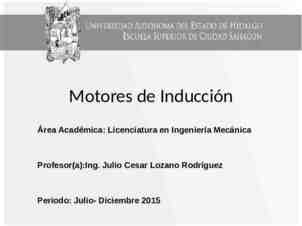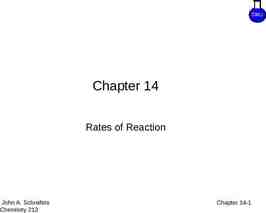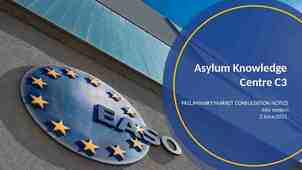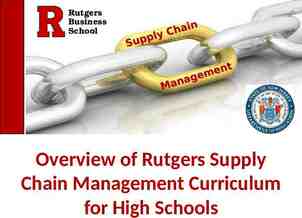SMART GOALS What are they? Why use them? How do you write them?
16 Slides488.00 KB

SMART GOALS What are they? Why use them? How do you write them?

Why SMART Goals? Goals are something that you want to achieve in the future SMART goals assist in “getting focused” on what to focus efforts toward SMART goals help define exactly what the “future state” looks like and how it will be measured SMART goals show others how their work “aligns” and relates to the focus of the school

What Are SMART GOALS? S pecific, strategic M easurable A ttainable R esults- oriented

How To Write SMART Goals Identify the “big, hairy audacious, critical-few” goals that need to be worked on (The Most Important Ones!) – Consult the data! – What are the greatest areas in need of improvement? Dig deep and get specific (disaggregate!) If all you did was spend time on the identified SMART goals, would the time be well-spent?

M S R A G T s l a o

SMART GOALS Examples

Practice Writing SMART Goals

Improve This Goal Every student will show evidence of one year of growth in mathematics each year in attendance. SPECIFIC - MEASUREABLE - ATTAINABLE - REALISTIC TIME-BOUND

Original: Every student will show evidence of one year of growth in mathematics each year in attendance. SMART GOAL: During the 2006-07 school year, all students will improve their math problemsolving skills as measured by a 1.0 year gain in national grade equivalent growth from the 2005-06 to the 2006-07 ITBS math problem solving sub test.

Improve This Goal Students will meet or exceed the district writing expectations as measured by the six-traits writing sample scoring. SPECIFIC - MEASUREABLE - ATTAINABLE - REALISTIC TIME-BOUND

Original: Students will meet or exceed the district writing expectations as measured by the six-traits writing sample scoring. During the 2006-07 school year, the number of first through fifth grade regular education students at Sample School improving their writing skills in targeted traits will increase 5% at each grade level (see chart below) as measured by the Six-Traits scoring rubric monthly grade level assessments. SMART GOAL: Performance Targets Grade Level Focus Area Rubric Target score at/above 3-4 2005-06 % at/above 2006-07 % at/above Kindergarten Ideas 56% 61% First grade Organization 65% 70% Second grade Organization 48% 53% Third grade Word choice 74% 79% Fourth grade Word choice 79% 84% Fifth grade Conventions 62% 67%

Improve This Goal Students will show one year’s growth in Language Total as measured by ITBS. SPECIFIC - MEASUREABLE - ATTAINABLE - REALISTIC TIME-BOUND

Original: Students will show one year’s growth in Language Total as measured by ITBS. SMART GOAL: During the 2006-07 school year, non-proficient students (as indicated by the ITBS vocabulary subtest) at Sample School will improve their vocabulary skills by 5% as measured by an increase in the percentage of students scoring in the “high” and “proficient” levels on the ITBS vocabulary assessment.









